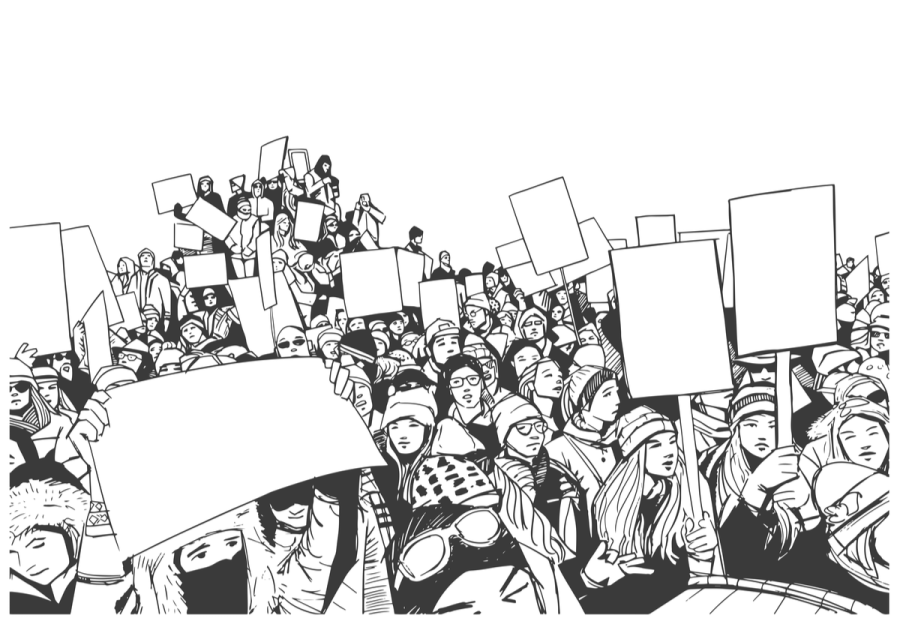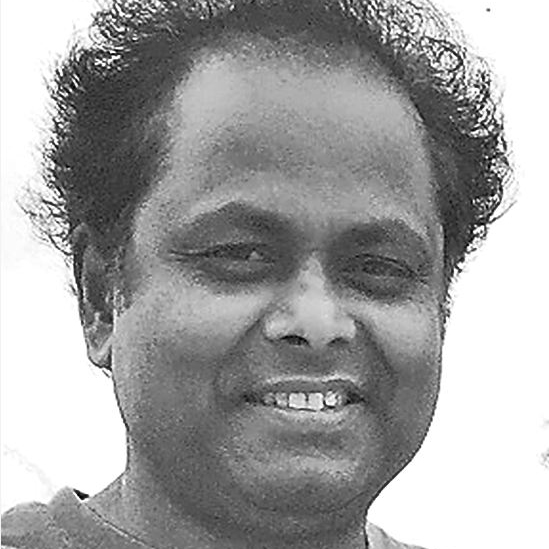Thu, Feb 19, 2026
Columns
Youth revolt: the battle for democracy and transparency
For the freedom-loving, educated in Nepal, Oli and company represent regression, repression and hypocrisy.
bookmark
Pramod Mishra
Published at : February 10, 2021
Updated at : February 11, 2021 01:06
This is a season of political outrage, in the midst of the pandemic outbreak. Myanmar generals have once again shown that they hate the life of the barracks and love to smash people’s freedom. Ever since Ne Win’s coup d’état in 1962, the military, once having tasted the salty blood of state power, doesn’t want to let civilians rule. In this sense, they resemble very much the Pakistani military. In India, too, despite democracy prevailing, Mody-led majoritarianism suppresses dissent, the latest of which is the deaf ear the government has turned to the overwhelmingly Punjabi (Sikh) farmers who do not want corporations to take over their mom-and-pop farms. In Nepal, KP Sharma Oli, once he got a taste of the post of the prime minister, got strange ideas in his head and, after dissolving the parliament, now thinks he is the State. And his band of sycophants keep pouring fuel on his wild notions.
But while regression still overwhelms these countries, with Trump’s defeat in America and Biden coming in, a kind of hope has descended on people. Wayward rulers can’t last long. But more than this passing of the baton is the way the people, especially the young people, have responded. While the agitating farmers in India haven’t given up their agitation against Mody government’s farm bill, the youth both in Burma and Nepal have taken to the streets.
And this protest of the urban young of the new century cannot be represented more authentically than what Reuters reported from Myanmar’s protests. In the protest marches, some of the posters read, ‘You fucked with the wrong generation.’ This poster indicated the youth’s rebellious outrage but also an attitude of innocent confidence in freedom that only young people can have, especially those youth whose readings include more material than only found in their country’s language.
Similarly, in Nepal, the Oli government unleashed its police force on civil society protestors and opened up water cannons on them, shoving, pushing and beating the marchers composed of country’s prominent writers, artists, intellectuals and professionals, educated in the best universities of home and abroad. They had built their professional lives by virtue of hard work and creativity. And this generation of accomplished writers and intellectuals had the blessings and backing of the earlier generation of justice-loving intellectuals, who had played a crucial role in the first and second People’s Movements of 1990 and 2006.
But what was surprising was the participation of the country’s urban youth. It was as if they too were saying, in the Burmese fashion, ‘You fucked with the wrong generation.’ And soon enough, they organised their protest poetry reading in the oldest square of the capital—Basantapur. And the country’s women didn’t want to be left behind. They, too, have announced their march; by the time this column comes out, they will have led their women’s march to the seat of state power, Singha Durbar.
The most striking feature of this civil society movement against Oli’s regressive move is the participation of three generations. The accomplished writers, artists and intellectuals have been supported by the youth raised in the Twitter and Facebook generation and educated in the past decade in the country’s best schools and colleges. When I look at the profiles of these young people, I find that most are educated not only recently but also outside of Nepal, from various places of India to the United States, Australia and Europe.
These youths want to build their own future. They read and hear news and see pictures on social media about their young compatriots working in the desert heat of the Middle East and the sweatshops of Malaysia. They see many returning home in body bags, as though they had gone to some war. And the message seems to have gone home with them. They do not want Oli, or someone like him, to burn their dreams and take away their future. The women, whose foremothers lived in caste-bound Hindu patriarchy, and who have been rendered second class citizens by Oli and company, can tolerate subjugation no more. They demand a life of equal dignity and rights as citizens. They, too, see Oli as an agent of past repression and future regression.
So, for the freedom-loving, educated Nepalis of the younger generation, Oli represents regression, repression, hypocrisy, opportunism and total absence of integrity. And they want none of that. In this sense, we can say that what is happening in Kathmandu is the revolt of the educated and the aware. They do not want to leave the future of the country solely in the hands of the political parties and their leaders, for they have seen since 2008, especially 2015, what happens when you do that.
Nobody offers the youth any temptation to come to the protest marches, poetry readings, celebrations of the country’s martyrs. Unlike Oli’s crowds, who are freighted and brought as truck- and bus-loads of bodies, these youths want to participate in history-making. They want to live in a society to whose creation they have some active contribution, for they want to live in a society that is free, fair, just and prosperous.
To be sure, various anti-Oli parties, too, are gathering crowds of party workers and voters. But they are not the same as these youth activists of Kathmandu. These youths see little role in the current parties because their very rigid structure does not leave room for entry of these free spirits. But, now, they want their piece of the pie—both professional and political. They don’t want to be casualties in Southeast Asia and the Middle East.
The challenge for both the civil society intellectuals and the political leaders is to join their agendas. The political parties could offer roles for the agitating youth and absorb and adapt the commitments and agendas of the civil society; the civil society, in turn, will steer their movement forward together and lend legitimacy to the morally depleted political parties. But members of the civil society who are protesting will only lend this support if they know that the political parties, once the Parliament is restored, will honour their commitments and put in practice their agenda of good governance, transparency and justice. Let’s hope that happens and Mr Oli is sent packing home or to prison, sooner rather than later.
Most Read from Columns
Editor's Picks
Upper house passes tourism bill with tougher Everest rules
What Routine of Nepal Banda gets right, and what it gets wrong
The murky business of room finding in Kathmandu
Nepal’s share market faces unprecedented lockdown as regulators battle industry over trading rules
Ministries differ over extending Indian HICDP aid beyond local governments
E-PAPER | February 19, 2026
×




 11.12°C Kathmandu
11.12°C Kathmandu















